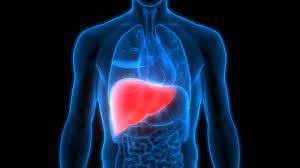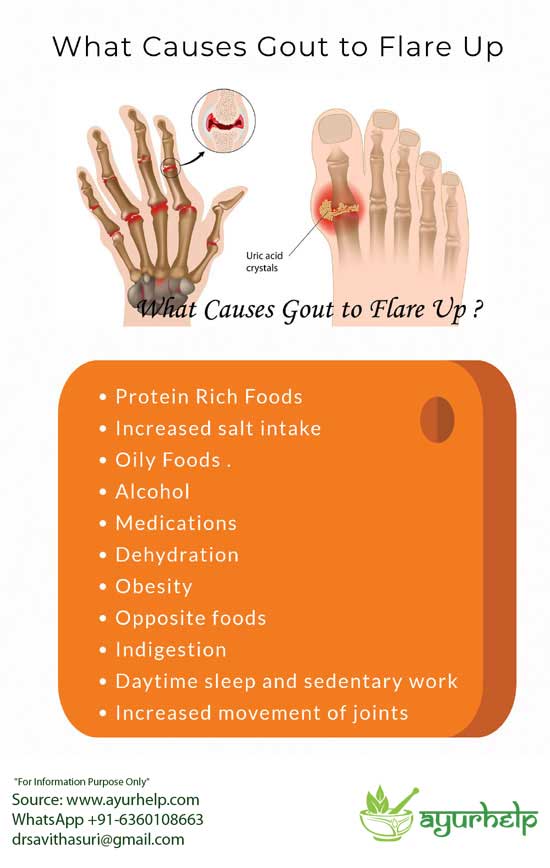Constipation is termed “malabhaddata” in Ayurveda. It arises due to an imbalance of vata dosha. Balancing vata helps to regularise bowel emptying.
Related articles
Benefits of Ayurvedic Daily Routine or Dinacharya
Can Constipation Cause Erectile Dysfunction?
Constipation is a stomach disorder in which bowel movements are disturbed. In this condition hard, dry stools are eliminated infrequently. Constipation is termed “malabhaddata” in Ayurveda. It has other names like Vibandha, Stabdha Pureeshata, Varcho Vibandha, Vishtabdhata, Baddhavarchas, etc.
This condition surfaces when Vata dosha gets vitiated. According to the principles of Ayurveda, Vata dosha is mainly located in the large intestine and controls bowel movements. Apana vayu (a type of vata dosha ) is responsible for the easy elimination of stool. When the Apana Vata is imbalanced it affects its functions too. This results in constipation or vibhanda.
Normal bowel movement :
Following bowel habits are considered normal.
- Bowel movement once a day.
- Bowel movement thrice a day.
- Bowel movement once every three days.
Normal bowel movement may get temporarily disturbed due to various reasons like menstruation, physical exercise, travel, stress, etc.
Ayurveda insists on the habit of bowel movement once a day, in the morning as soon as we wake up. This has been emphasized in ayurvedic daily routine or Dinacharya. This helps us to keep healthy and boost our immunity. Tridoshas get normalized by daily bowel movements and all tissues get rejuvenated. “Agni” (Power of digestion) gets kindled and leads to normal healthy digestion
Causes of Constipation – according to Ayurveda
After digestion in the small intestine, the food (mostly fibers, minerals, and water) enters the large intestine or colon through the ileum. This will be pushed through the colon with the help of colon muscles. The mucosal layer of the colon absorbs water and minerals as food is pushed through the colon. This leads to the formation of solid stools by the time it reaches the rectum. If the movement of food is slow due to slow contraction of colon muscles, more water is absorbed and stool becomes hard causing constipation.
All factors which vitiate or imbalance Vayu or vata dosha also imbalance apana vayu leading to constipation.
- Consuming foods that are ruksha (dry), laghu (light), khara (rough) in quality. These foods cause dryness of mouth, lightness in the body, and roughness in the skin. Dry foods, refrigerated foods, and aerated beverages are examples of these types of foods. Increased uptake of foods that have katu rasa ( pungent), kashaya rasa (astringent) and lavana rasa (salty) tastes. Food that lacks dietary fiber.
- Reduced intake of water and dehydration.
- Physiological causes like pregnancy ( intestines struggle to move due to pressure from the fetus) and menstruation.
- Increased physical activities like working in the hot sun, walking for very long distances, and traveling for long hours.
- Too less physical activity like a Sedentary work style where people have to sit for long hours.
- Exposure to cold climates that increase Vata,
- Psychological causes like depression, anxiety and stress,
- Addictions like smoking, alcohol, recreational drugs, etc.
- Changes in sleep patterns like sleeping late at night or working in shifts can also imbalance Vata dosha.
- Diseases like Parkinson’s disease, Rheumatoid arthritis, Colon cancer, and Intestinal obstruction.
- Excessive use of medicines like antacids, laxatives, antidepressants, etc.
- Repeatedly suppressing the natural urge to defecate.
- Some diseases of the colon and rectum
- structural problems of intestines such as twisting (volvulus)
Due to these causes, apana vayu gets aggravated and imbalanced. It reduces intestinal movements and blocks the lower part of the large intestine. If the aggravation is severe it may cause constipation. If vitiation is less the person may pass hard stools.
Texts of Ayurveda strictly say no to suppressing the urge for defecation. If the urge for normal bowel is suppressed the following symptoms are experienced.
“Pakwashayashirhashulam vaatavarchapravartanam |
pindakodweshtanaadmaanam purishe syaadvidhaarite||
swedaabhyangaavagaahashcha vartayo basthi karmaha cha
hitam pratihate varchasyannapaananam pramathi cha ||”
If constipation is not treated properly for a very long time it may cause other diseases like Hemorrhoids (piles), Anal Fissures, Abdominal distention due to accumulation of gas, bloating, passing stools that are hard like stones, backache, pain in the calf muscles, headache, etc. Chronic constipation may also cause liver disorders.
Ayurvedic Remedies for Constipation
Texts of Ayurveda recommend various remedies for constipation. Following these remedies help to keep the bowel clean. Here are a few ayurvedic remedies to keep the digestive system healthy and keep constipation at bay.
Ayurveda acharyas have set a line of treatments for vibandha.
Using oils internally and externally help to normalize aggravated Vayu and ease bowel movement. Consuming pure ghee or medicated ghees in small quantities helps to oleate the digestive system and softens hardened and dried stools. This helps to evacuate feces without much pain and discomfort. This type of oleation is known as “mridu snehana” in ayurveda.
The main seat of vayu is the lower abdomen and lower back. Another type of oleation is massaging the abdomen and lower back externally with sesame oil or ksheerabala oil or mahanarayana oil. These oils have to be warmed a little bit before the massage (abhyanga) and massaged in concentric circles over the abdomen with gentle pressure. The same procedure has to be followed for lower back also. This helps to calm down aggravated vata.
Ayurveda acharyas have recommended many mild laxatives in form of herbs, food, and drinks. These are known as mridu virechana dravyas. These include warm water, ghee, black gram (urad), horse gram, raisins, banana, etc to mention a few. They help in vatanulomana or vata balancing.
Suppositories are age-old remedies for constipation in almost all systems of medicine. Ayurvedic suppositories have a base made from substances like soft wax, ghee, or butter. Herbs are mixed with these and made into long soft sticks. When inserted in the rectum the fat content of the suppository melts due to the body’s temperature and drugs are absorbed by the rectum, this help to relieve gas and stools. These are known as “guda varti” in ayurveda. These can be in form of soft stems of herbs or medicated wax suppositories.
Also daily routines like exercising regularly, drinking plenty of water, and eating foods that are rich in fiber help to keep constipation away. Avoiding starch, sugar, and stress. This helps in the regular evacuation of the bowel. A regular good sleep pattern is also very essential for pooping comfortably.
Consult Dr.Savitha Suri for ayurvedic remedies. Email drsavithasuri@gmail.com . WhatsApp + 91 6360108663
Author : Dr. Savitha Suri Consultant Ayurvedic Physician
Call us at +91 9945995660 / +91 9448433911







Pingback: Ayurveda Health Benefits of Ghee
Pingback: Dates with Milk ( Vrishya Ksheera )-Benefits
Pingback: Vajikarana Foods
Pingback: Benefits of Methi or fenugreek, seeds, leaves for diabetes, weight loss, hair and skin. - Ayurveda Remedies, Tips and Treatment
Pingback: Ayurveda Vata Dosha - Body Type and Balancing Tips
Pingback: Health Benefits of Green Gram - Moong/dal/sprouts- Vigna radiata (mung)
Pingback: Ayurveda Health Benefits of Peanuts or Groundnut
Pingback: Benefits of ayurvedic daily routine Dinacharya